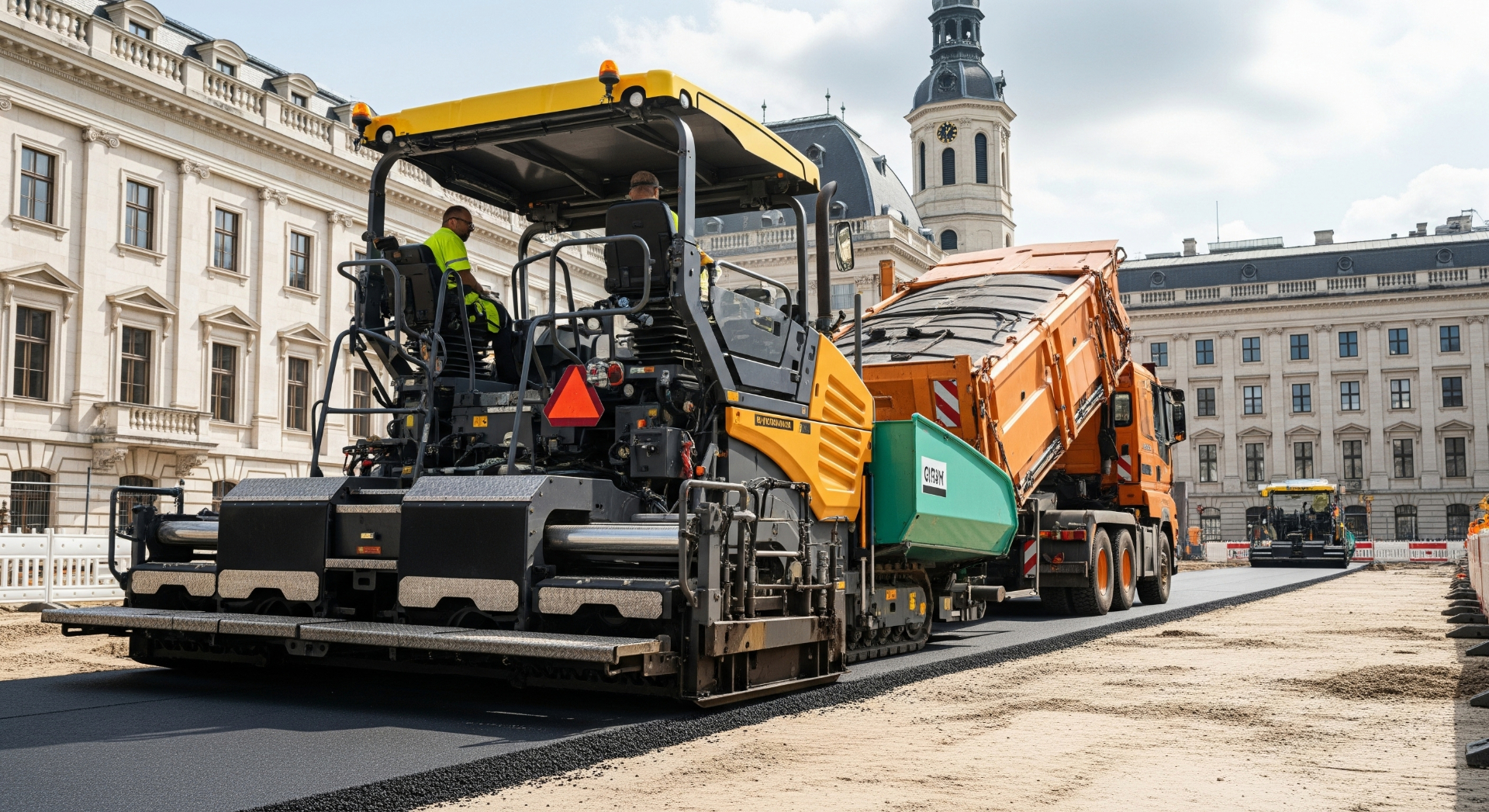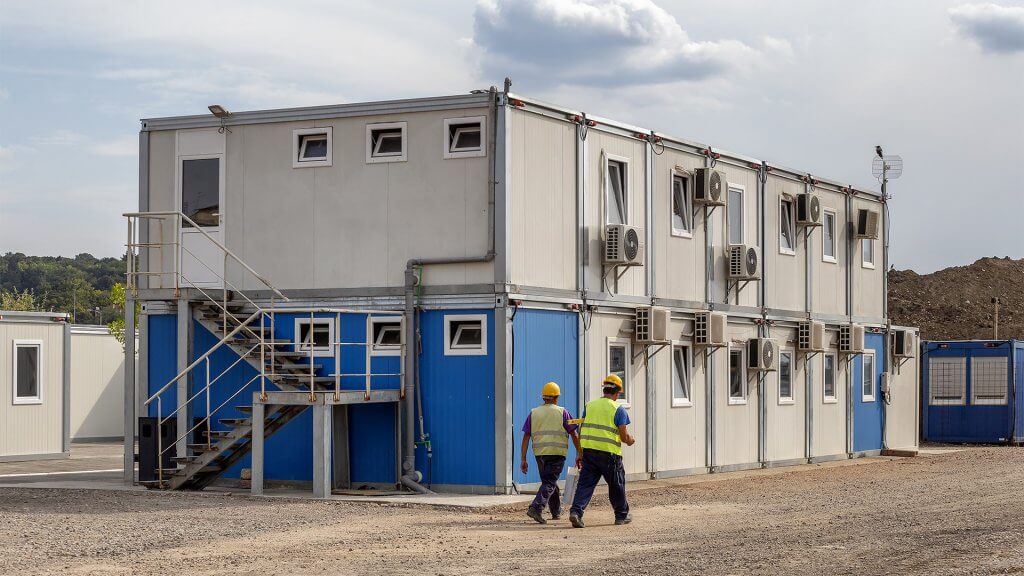In the competitive European construction market, efficiency and sustainability are no longer nice to have; they are must-haves. As the EU Green Deal shapes industrial policy, construction companies—99.9% of which are SMEs—are being forced to adopt technologies that reduce environmental impact while increasing productivity.
In the road building sector, one component has emerged as the key enabler of these two objectives: the modern asphalt paver rubber tracks.
For business leaders and fleet managers across the Union, the decision to invest in advanced rubber track systems over traditional ones is becoming a key part of their business strategy, impacting project profitability and long-term competitiveness.
Beyond the Purchase Price: Total Cost of Ownership
The purchase price of a rubber-tracked paver may be higher than a wheeled one and replacement tracks are a big investment. But smart European businesses are looking beyond the price tag to the Total Cost of Ownership (TCO). A TCO calculation shows that high-quality rubber tracks often deliver better financial performance over their lifetime.
- More Uptime: The better traction and flotation of rubber tracks allow pavers to work in a wider range of weather conditions, especially on wet or soft ground. This extends the working season and minimises weather-related downtime, a big factor in many European climates.
- More Efficient Operations: Rubber tracks eliminate the need for labour-intensive ground protection mats when moving over finished surfaces. This saves time and direct costs on every project, gets the job done faster and increases profit margins.
- Less Long-Term Maintenance: The vibration-damping properties of rubber tracks reduce the stress on the paver’s entire undercarriage, including expensive components like rollers, idlers and bearings. This means fewer breakdowns and lower long-term maintenance costs.
Compliance with EU Environmental and Urban Standards
The use of rubber paver tracks supports EU environmental and urban regulations, a key factor for winning public and private tenders.
Noise and Vibration Reduction: In densely populated European cities with noise regulations, quiet operation of rubber tracks is essential. Reduced noise and vibration not only ensures regulatory compliance but also minimises disruption to local residents and businesses.
Protection of Public Assets: The ability to work on historic cobblestones, decorative pavements and existing road surfaces without damaging them is priceless. This protects public assets and companies from being liable for costly repairs.
Supporting the Circular Economy: The construction sector is at the heart of the EU’s Circular Economy Action Plan. The asphalt industry is already a leader in this area, with reclaimed asphalt pavement (RAP) being widely recycled.
The push for sustainability is driving innovation in track manufacturing with a growing focus on durable, long-life components that reduce waste and the future potential for recycling and remanufacturing track materials.
The Value of Quality
In a mature market, component quality is a key differentiator. The performance of an asphalt paver track is defined by its material science—the heat-resistance of its rubber compound and the strength of its internal steel reinforcement.
Investing in tracks from reputable manufacturers, whether OEM or high-quality aftermarket suppliers who can prove their engineering, is a strategic decision. It ensures reliability, reduces the risk of in-field failures and ultimately supports a company’s reputation for delivering on time and on budget.
For the modern EU construction company, the message is clear: advanced asphalt paver tracks are not an operational expense but a strategic investment in efficiency, compliance and competitiveness. By adopting this technology, companies can navigate the demands of the Green Deal and position themselves for sustainable growth in the European market.


























